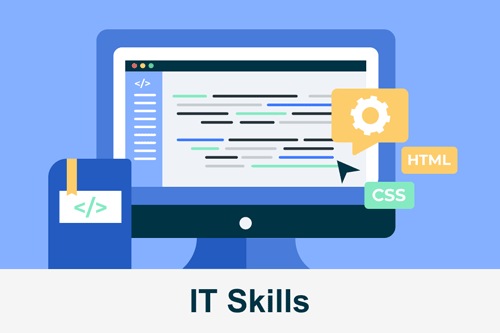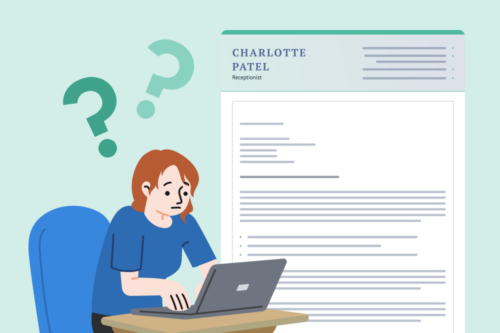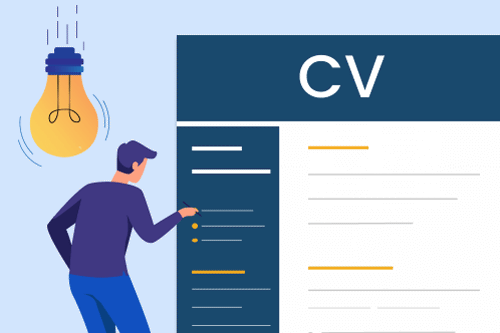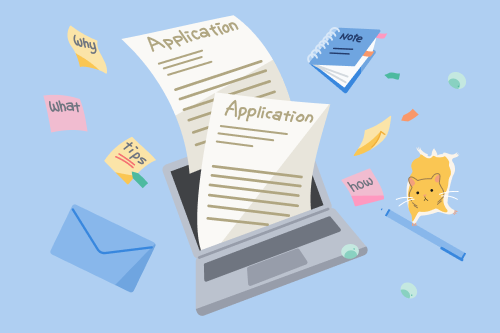“What are your strengths and weaknesses?”
It’s a horribly open-ended interview question that feels like a trap to many job candidates.
After all, how do you determine which strengths the employer is expecting to see? More importantly, how do you describe your weaknesses without appearing underqualified?
Truth is, this question isn’t a trap. It’s an opportunity to impress the employer and bump your name up their shortlist of potential hires. Often, it’s what convinces them to make an offer.
Scroll down to learn how you can excel at answering strengths and weaknesses questions.
Why employers ask strengths and weaknesses interview questions
Employers ask you about your strengths and weaknesses to get to know you.
You might look the same on paper as the next candidate, but how you answer these questions will be a unique indicator of your communication skills, interpersonal skills, and other important personality traits. It also reveals how well you’ve prepared for the interview.
In other words, it’ll help the employer set you apart from other applicants.
For this reason, you should avoid overused responses like ‘I’m a team player’ (to a strengths question) or ‘I’m a perfectionist’ (to a weakness question). That is, unless you can explain why and relate it to the position.
Which is why you should stick to this rule when answering a strength and weaknesses interview question:
Show, don’t tell
Employers ask about your strengths and weaknesses to find out what kind of a hire you’d be. Simply telling them you’re a team player or a perfectionist isn’t particularly helpful. Instead, show them your strengths and weaknesses by sharing relevant experiences.
Before the interview, use the STAR method to plan well-structured and impactful responses.
STAR method responses have four parts:
- A situation or event you were in
- The task or role you held in that situation
- The action you took to address the situation
- The positive result this achieved
Here’s an example STAR answer to a strengths and weaknesses question:
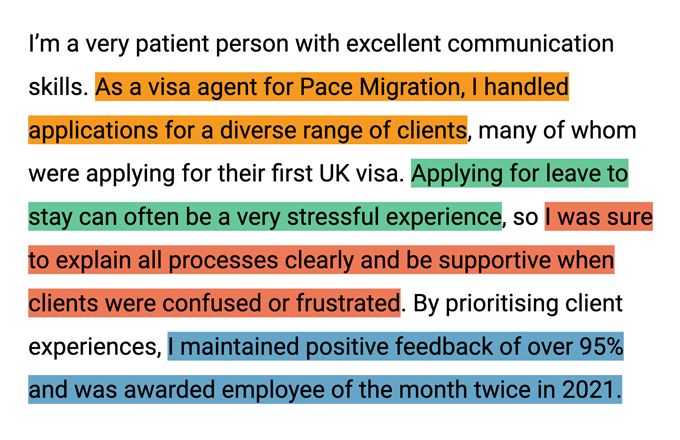
This candidate used a customer problem to demonstrate how their strengths were helpful in their previous role. Employers can also easily quantify the applicant’s success because the applicant included numbers in their answer.
How to answer ‘What are your strengths?’
When employers ask you about your personal strengths, what they really want to know is:
- what main benefits you’ll bring to the company
- how well you know the role and company
For this reason, you should avoid listing all your personal strengths and ensure everything you say is relevant to the role. You can ensure this by planning thoroughly.
Research the job, company, and employer and choose three to four personal attributes you believe they will value. These attributes could be transferable skills (skills that transfer well between jobs) or technical skills, which are skills you learn for a specific industry or position.
Here are some examples of transferable and technical skills:
Strengths and Weaknesses: Transferable and Technical Skills
| Transferable Skills | Technical Skills |
|---|---|
| Critical thinking | Coding |
| Leadership | Translation |
| Customer service | Disinfection techniques |
Once you’ve settled on a few personal skills that will impress the employer, draft answers using the STAR method and practise them so you can say them confidently.
You don’t need to script what you say on the day, but this preparation will help you formulate better answers and show the employer that you prepared thoroughly for the interview.
Confidence is essential. That said, there are some things you should remember when telling the employer about your main strengths:
- Don’t criticise former colleagues or employers
- Don’t brag
Bad response
I have excellent critical thinking skills. When I started my last job, my team was very disorganised, and our website traffic was terrible. Without me, it wouldn’t have improved.
What are your strengths: Good response
I have excellent critical thinking skills. Early in my last role, my team struggled with low website traffic. I was eventually able to determine the cause of the issue: we were using an outdated on-page SEO strategy. I subsequently developed new guidelines for the content team that helped organic page visits grow by 20%.
Example strengths:
- Ability to work under pressure
- Analytical skills
- Attention to detail
- Creativity
- Decision making
- Focus
- Leadership
- Knowledge of a certain skill or software
- Teamwork
How to answer ‘What are your weaknesses?’
Employers can ask about your weaknesses in several ways:
- What do you need to improve?
- Tell me about an obstacle you’ve overcome.
- How do you respond to criticism?
- How would your worst enemy describe you?
Answering any of these questions can feel like self-sabotage. But employers are not trying to trip you up: they want to assess your self-awareness and ability to handle pressure and adversity.
There are a couple of ways of coming up with a good answer to a weaknesses question:
- Talk about a weakness you’ve succeeded in dealing with
- Describe the downside of a personal strength
Describing a weakness you’ve succeeded in overcoming can be a great demonstration of both your dedication to your career and self-improvement. Good responses mention weaknesses that are relevant (but not crucial) to the job because you come across as honest and knowledgeable about the job.
Still only do this if you can demonstrate how you have addressed the weakness. You don’t want to appear underqualified:
Bad response for a copywriting job
I sometimes struggle to meet deadlines.
Good response for a copywriting job
In the past, I’ve found tight deadlines quite challenging because I believe thorough research and readability are essential to good content. To get over this, I worked on my time management skills by developing better to-do lists. This helped me increase my efficiency as a writer without sacrificing attention to detail.
Describing the downside of a strength has a couple of benefits. Firstly, it allows you to point out an additional strength — or emphasise one that you have already mentioned for greater impact. Secondly, it shows humility, which is especially important for jobs that involve teamwork or customer service.
Here’s how you might talk about the downside of a strength:
Good response for a project manager job
My previous years of start-up experience pushed me to develop rapid decision making skills, but this can sometimes make me impatient with colleagues. I’m prioritising this area for self-improvement right now because I believe a team can only achieve desirable results if every member feels heard and respected. By developing better active listening skills, I saw team satisfaction increase to the benefit of our productivity.
Weaknesses: examples
- Difficulty asking for help
- Public speaking
- Difficulty delegating work
- Impatient
- Indecisiveness
- Talkative
- Self-critical
If your interview doesn’t result in a job offer, try using a CV maker and cover letter builder powered by AI and human experts to upgrade your application documents.

